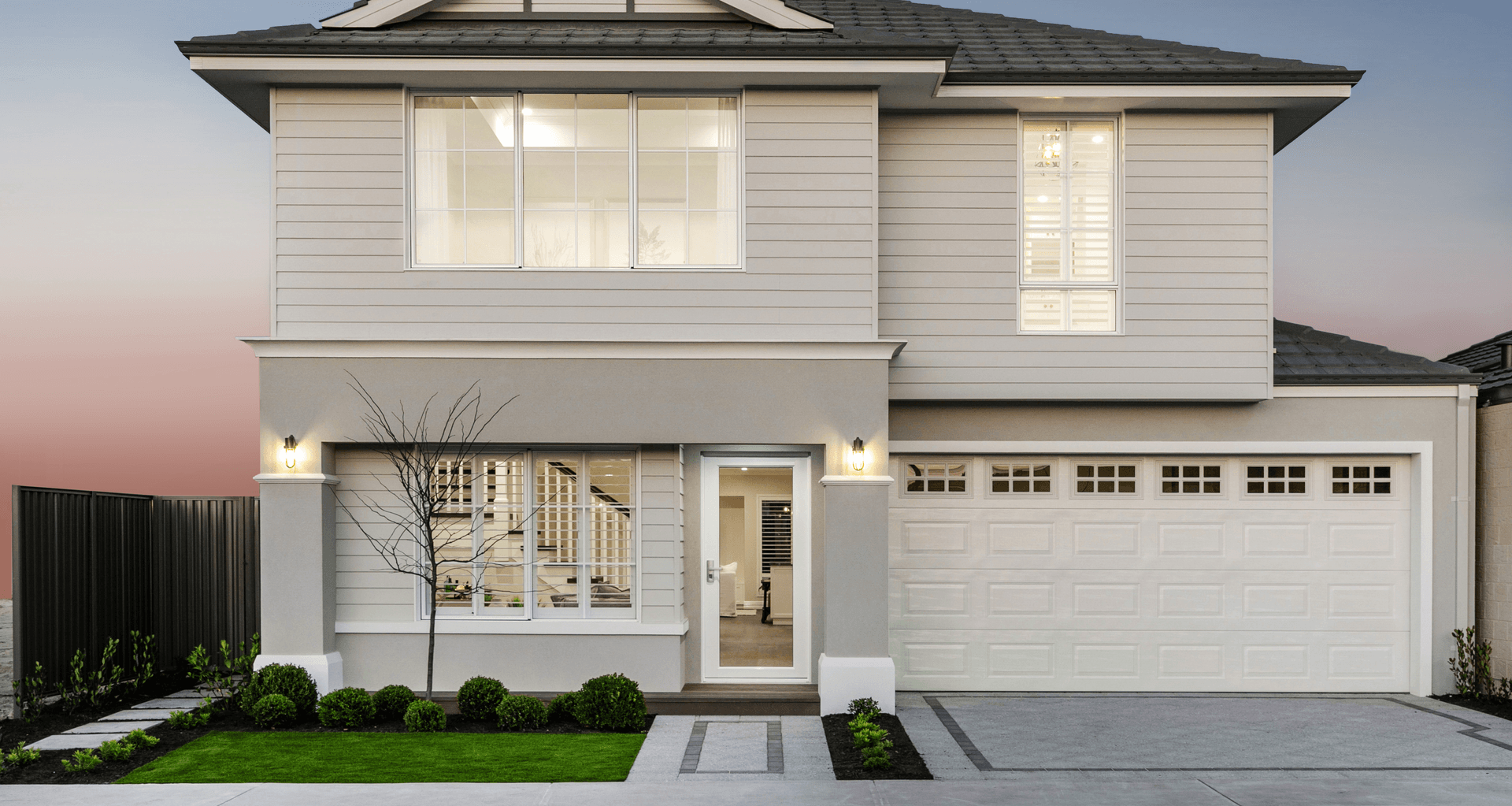How the right garage door can help you save on energy bills

What makes a garage door energy-efficient?
It's the materials used and the level of insulation that set energy-efficient garage doors apart. These doors are designed with high-performance materials like steel and wood. Additionally, durable insulation layers like polyurethane or polystyrene work together to regulate temperature and minimise energy loss.
How does it work?
By reducing heat transfer, energy-efficient garage doors help maintain a stable indoor temperature, particularly in garages attached to your home. As a result, there is less strain on your heating and cooling systems, which means lower energy bills and a more comfortable living space year-round.
Moreover, these doors provide other benefits beyond temperature control. They block out external noise, making them a great option for busy roads or multi-purpose garages (such as a band studio or start-up office).
Benefits of energy-efficient garage doors
There are even more benefits to upgrading to an energy-efficient garage door. Here’s how it can make a difference:
- Save on energy bills: By reducing heat loss during winter and heat gain in summer, there's less reliance on heating and cooling systems, known to be energy-intensive (and bills-intensive).
- Boost home value: An energy-efficient garage door is becoming an increasingly attractive feature for potential buyers.
- Support a sustainable future: It helps lower your home’s overall energy consumption and carbon footprint. It’s a win for you and the planet!
- Enhance home comfort: These doors don’t just save energy—the insulation in the massive doors also makes your home (and life) more comfortable by regulating temperature.
Key features to look for in energy-efficient garage doors
High-quality insulation
The insulation’s R-value measures how well the door can retain heat or keep it out. Simply put, the higher the R-value, the better the insulation. This feature is a must for regulating the temperature inside your garage and reducing energy use.
Weather seals
Weather seals line the edges of the door to block air leaks and those pesky drafts. The seals help maintain a consistent indoor temperature and prevent heat transfer.
Durable and insulated materials
The three main materials to look out for are insulated steel and wood. These options not only provide excellent insulation, but they also go the distance, making them a wise investment for your home.
Energy-saving window glazing
If you like windows in your garage door, make sure they come with energy-efficient glazing. This reduces heat transfer without compromising natural light or style.
Choosing the right garage doors for your home
Selecting the perfect energy-efficient garage door for your home depends on the kind of home and climate and which materials will suit both aesthetically and functionally.
Steel and aluminium are durable and work well with high-quality insulation like polyurethane or polystyrene. Aluminium doors allow for excellent airflow and natural light, while a wooden garage door adds a timeless aesthetic with natural insulating properties.
Remember to check the R-value to measure how effective the insulation is. Higher R-values mean better energy efficiency, which is especially important if you live in areas with extreme weather conditions.
If you're going to invest in a new garage door, consider adding some smart tech. It adds convenience and value to your home and improves energy efficiency by allowing you to monitor and control the door remotely.
Finally, ensure your new energy-efficient door seals properly to help prevent air leaks and maintain a consistent indoor temperature.
Regular maintenance for energy efficiency
Like the rest of your home, regular maintenance of your garage door ensures it operates efficiently. Keeping components like springs, tracks, and seals in top condition helps prevent energy loss and prolongs the door's lifespan, which will save you costly repairs down the line.
Steel-Line Insulated Garage Doors
The key takeaway is that upgrading to an energy-efficient, Insulated Garage Door is a smart investment that can help lower your energy bills, enhance comfort, and improve the overall sustainability of your home.
Ready to upgrade to a more energy-efficient garage door? Explore Steel-Line's range of Insulated Garage Doors and discover how they can enhance your home's energy efficiency today.
Frequently asked questions
Can garage doors be energy efficient?
Absolutely! Energy-efficient insulated garage doors are designed with materials that reduce heat transfer, helping to save on energy costs.
Does opening the garage door use a lot of electricity?
Opening the well-insulated garage door itself uses minimal electricity, but leaving it open can impact the temperature inside, leading to increased heating or cooling costs.
How much heat is lost through a garage door?
A poorly insulated garage door can result in significant heat loss, especially during extreme weather conditions, affecting your home's energy efficiency.
Does leaving the garage door open help with heat?
Leaving the garage door open may allow heat to escape, potentially reducing your home's optimal energy efficiency and causing increased heating or cooling costs.
